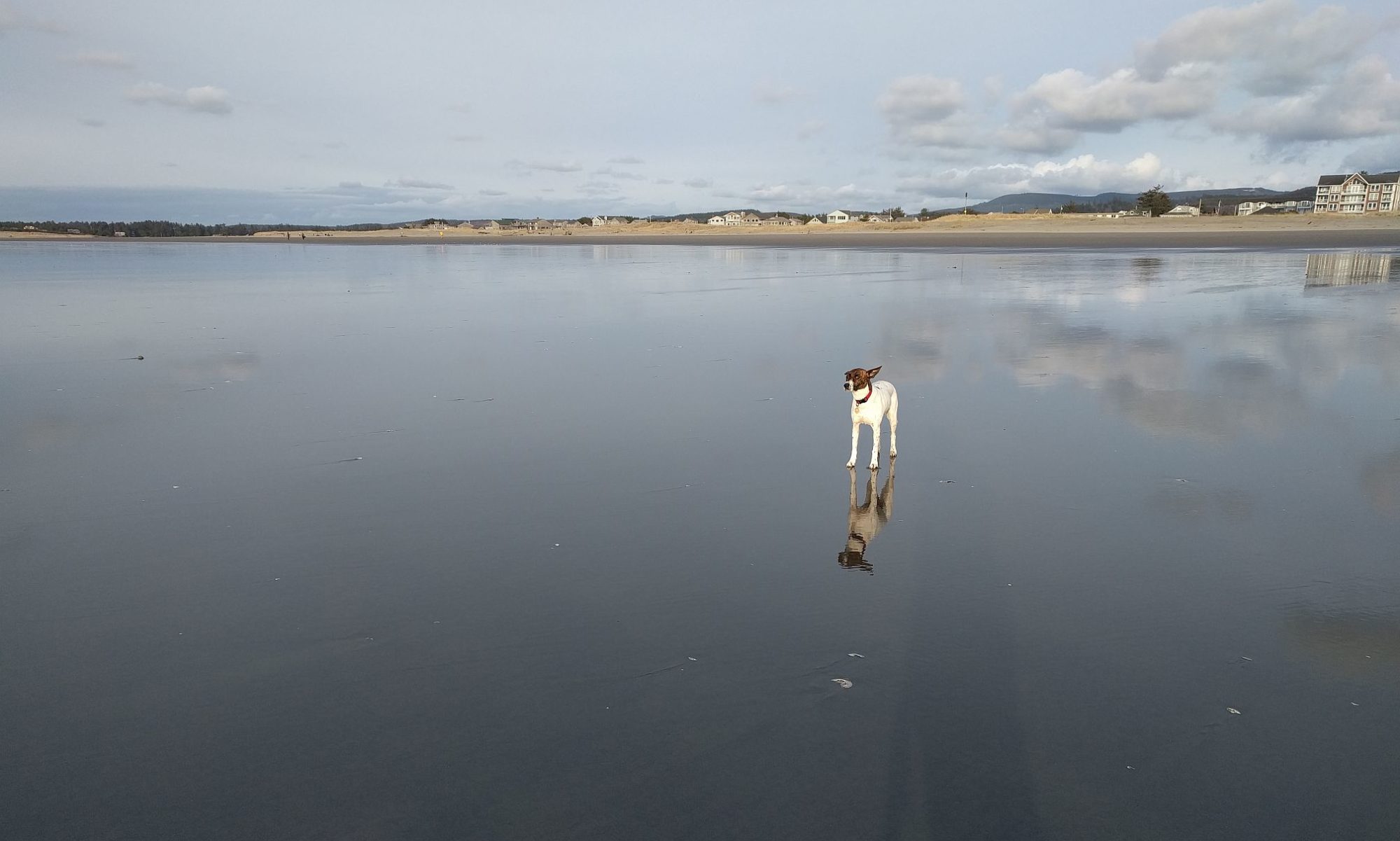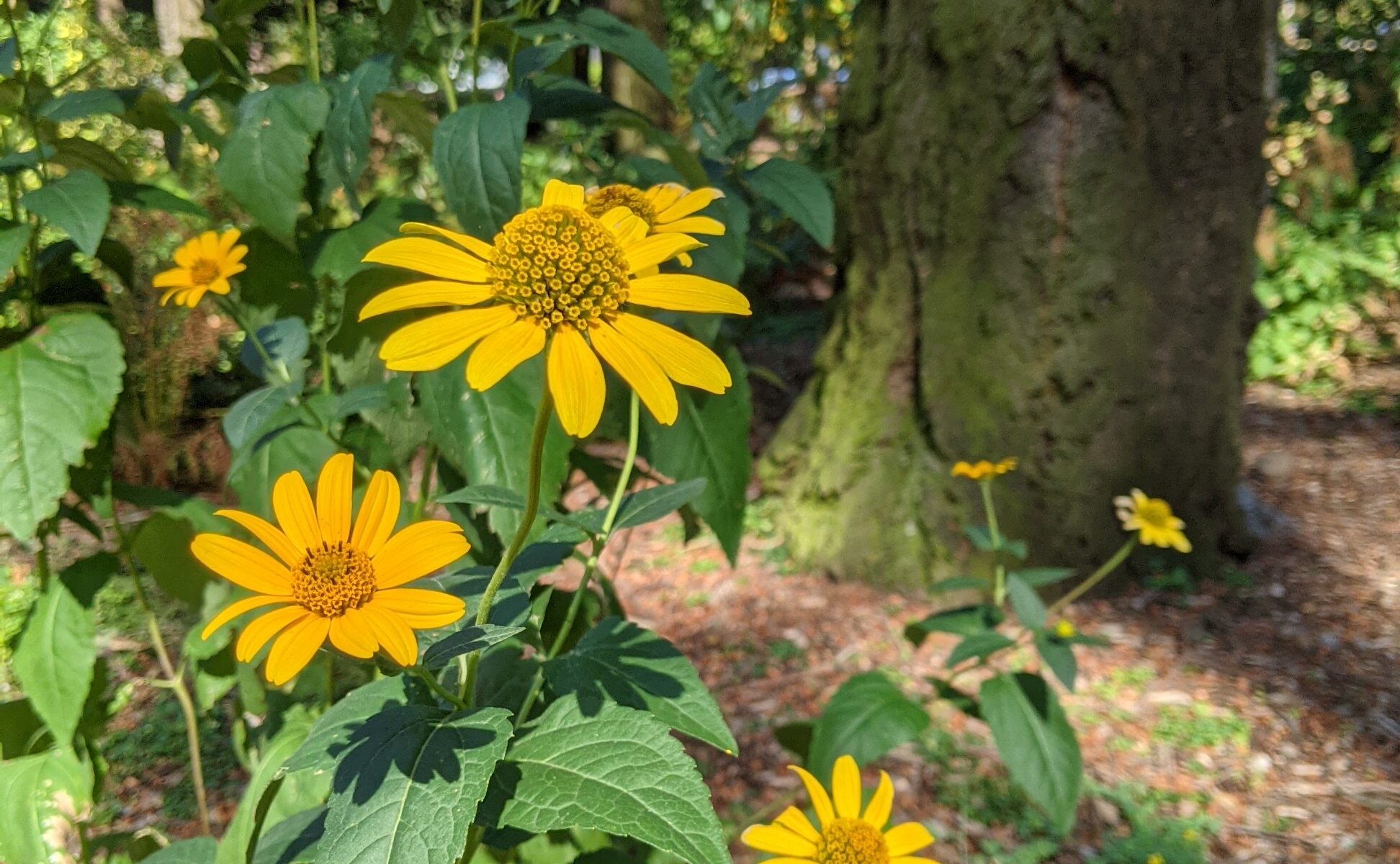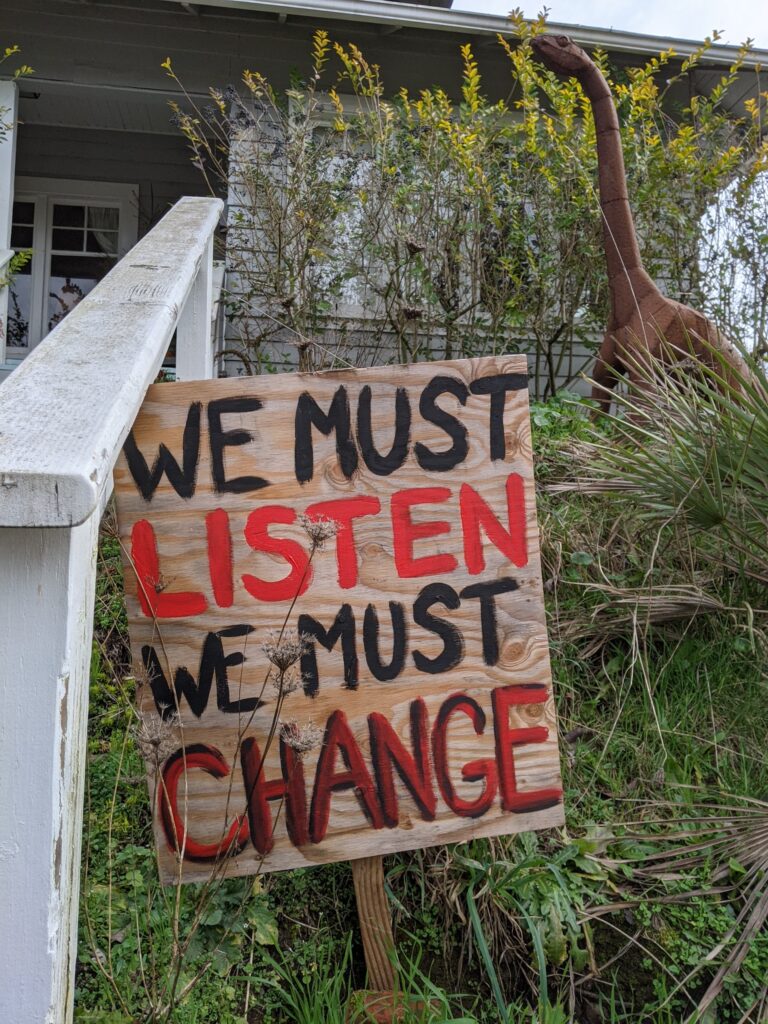I opened my hard-covered copy of A Year With Rumi, edited by Coleman Barks, to May 16—while taking a tea-break this morning. In the final stanza the words got me Googling.
“because my heart-donkey was strong enough to take you there.”
from “The Lord of Beauty”
I easily found a Sufi story about an old man arriving to an inn after a long day with his favorite donkey and longtime companion. (Plenty of Etsy garb for sale assured me many people already celebrate this tale.)
“Welcome to our humble inn,” a young man greeted. “Let me tend your donkey.”
“But he needs a warm and comfortable place to sleep. If he doesn’t get good rest after such a long day, he will be grumpy,” said the old man.
“No problem. I’m a professional and know what to do,” the young man assured.
“But he needs barley mixed with hay,” said the old man. “And fresh water.”
“No problem,” said the youth. “I will feed him well. Do not worry.”
“The donkey is old and needs the barley first soaked in water,” said the old man.
The youth’s eyes rolled though he turned away so the older man could not see his frustration. “I’ve done this a hundred times. Trust me.”
“He loves a long stroke down his spine. It’s been a long journey,” the old man said and grinned.
“Yes—of course,” the young man replied, annoyed.
The old man gave over the care of his donkey to the younger man.
After removing the saddle and tying the donkey to a post, the young man snicked and soon sat with friends playing cards in a nearby den.
The old man entered the inn and met open arms. He ate a fine dinner and drank wine. But he could not sleep despite silk sheets. When he closed his eyes, visions of his donkey standing tied to a post, hungry and thirsty, pelted his vision. His whole body ached.
He went into the night and found his dear companion tied to a post—as he had feared.
The man knew he should have cared for his donkey himself. He doubted the youth would do as he promised yet handed over the reigns.
The story reminds me of how we can tell each other what we believe others want to hear. We can say “don’t worry” “I’ll do that”—sometimes with good intentions—but fail to follow through.
The story reminds me it’s up to me to listen—to feel—my intuition, my “gut” response. I must take care what matters most to me and can’t expect someone else to do things my way.
I like this story for the friendship. This man values his donkey’s comfort. He values the donkey as companion and as a being who deserves care—a safe and warm place to sleep, food, water, and a kind stroke over his tired back.
The younger man snickers—as if the older man is crazy for loving a donkey, for seeing this worn animal as alive and as vital as himself.
Perhaps the story touches me so deeply as I face my own sadness, wondering what to do next. So many people sleep in tents on the sidewalks of Portland, on patches of grass next to the freeway. In this wealthy country, children are born every day, every hour, and some will be well-nourished—body, mind, soul—and others will cry to be held and die of loneliness.
My friend, Dotti, gave me this book. Some years later she was visiting, and we were driving through the parking lot of Fred Meyer in the small town where I lived.
“Stop!” she said. “There’s a dog running around. He’s going to get hit.”
Her sudden words startled me. I didn’t see the dog—never did see the little runner—but I tried to reverse and help her find him again. At least, that’s what I think I did.
Continue reading “HEART-DONKEY TALK”


